Head trip: the ’Veronica Scanner’ creates live 3D portraits at the Royal Academy of Arts
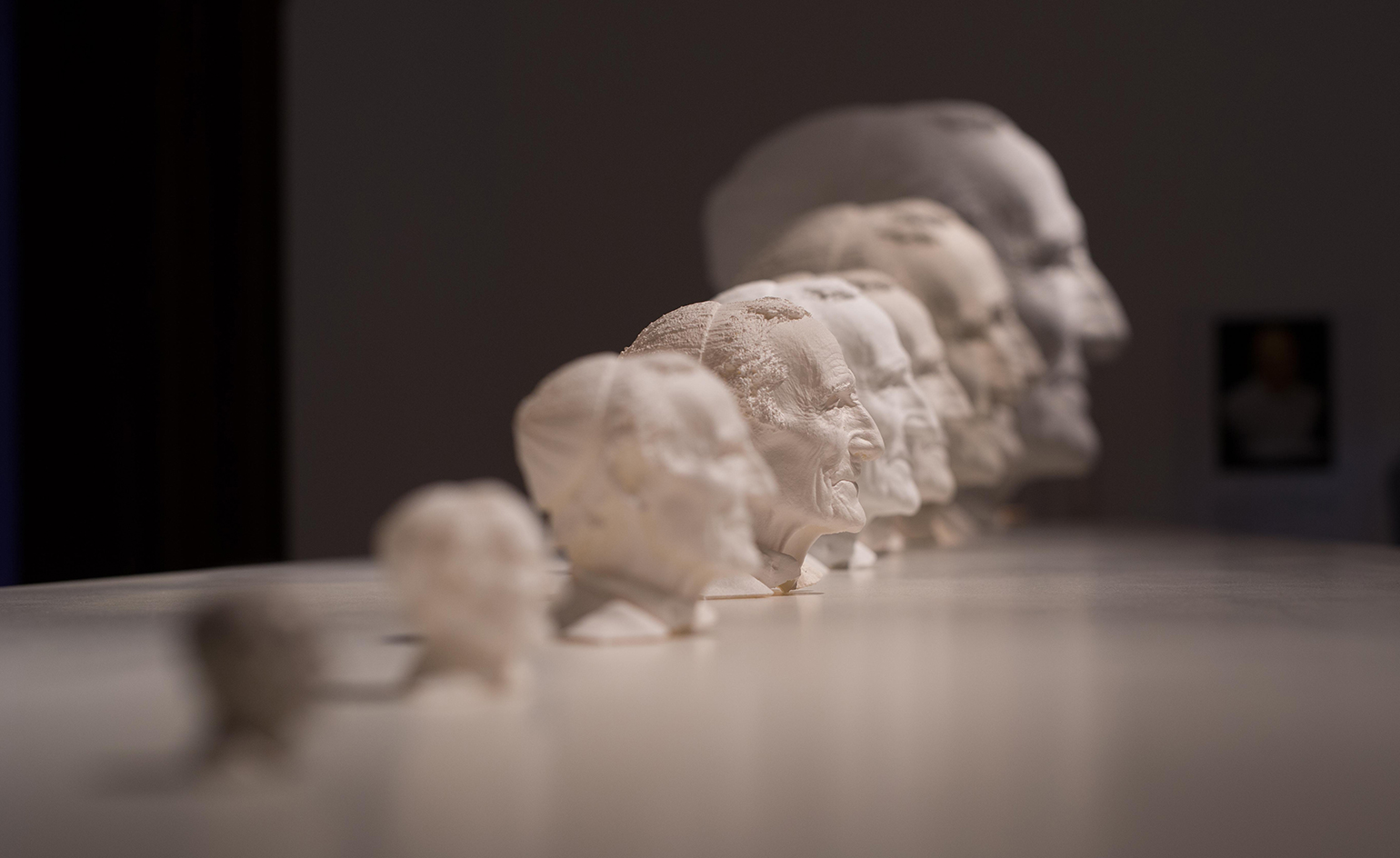
Not so long ago, if you'd said that an automatic machine could print a lifelike, 3D portrait while you wait, you'd be told you need your head scanning – but this is precisely what the Royal Academy of Arts has on display this weekend.
The 'Veronica Scanner' (which takes its name from a portmanteau of the Latin word 'vera' meaning truth, and the Greek word for image, 'εικόνα'), uses an advanced form of digital photogrammetry to scan your head. Thousands of overlapping photographs are taken from many angles, then aligned by software algorithms – in what looks like a futuristic version of Photoshop – into a 3D model that can be rendered in a material of your choice. Perhaps marble, for a faux-classical (if slightly egocentric) bust.
Veronica, as the designers affectionately call her, has been developed by the Factum Foundation for Digital Technology in Conservation and the Rothschild Foundation over the course of two years into a fully integrated package, that takes you from sitting to sculpture in a matter of hours. This marks a new moment for digital portraiture, as Adam Lowe, director at Factum Arte, explains, ‘We think of photographs as images but this odyssey into 3D portraiture demonstrates that they can also be sculptures.'
Before being brought to the RA, Veronica was used primarily to aid cosmetic surgery procedures, providing acutely precise 'before and after' images. This exhibition shifts Veronica's focus to the art world for the first time, and no doubt a few photo-realist purists will have a thing or two to say about it. The artistry, the makers believe, comes in the technological advancements, the ideas and the scientific progress, not necessarily in the self-sculpted products.
Nonetheless, the resulting photo-sculptures are remarkable objects, and the artistic possibilities that they offer are astonishing. Portrait heads can be made giant, or tiny, and used to create perfect raw bases for sculptors to then embellish, should they wish. But the most exciting thing of all is that for the first time, we can preserve a thoroughly accurate, non-judgmental representation of the human face, unbiased by pen, lens or canvas. As Lowe says, 'The dream of the Greek sculptors was to create a realism that went beyond subjective interpretation. We are thrilled that both the RA and the Rothschild Foundation have reacted so quickly to bring this emerging technology to the public in a spirit of experimentation and curiosity.’
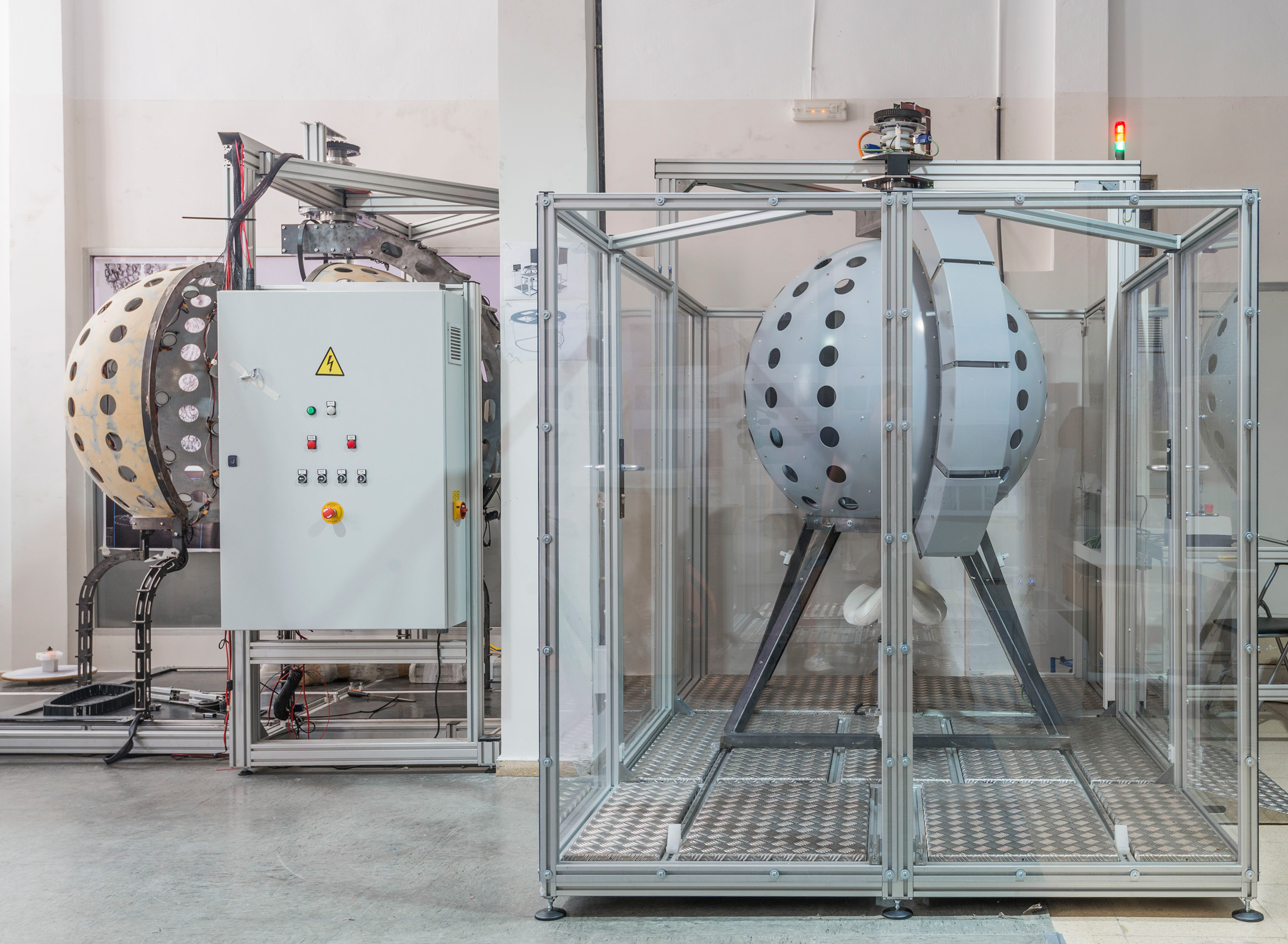
Veronica (pictured) takes its name from a portmanteau of the Latin word ’vera’ meaning truth, and the Greek word for image, ’εικόνα’, and uses an advanced form of digital photogrammetry to scan one’s head
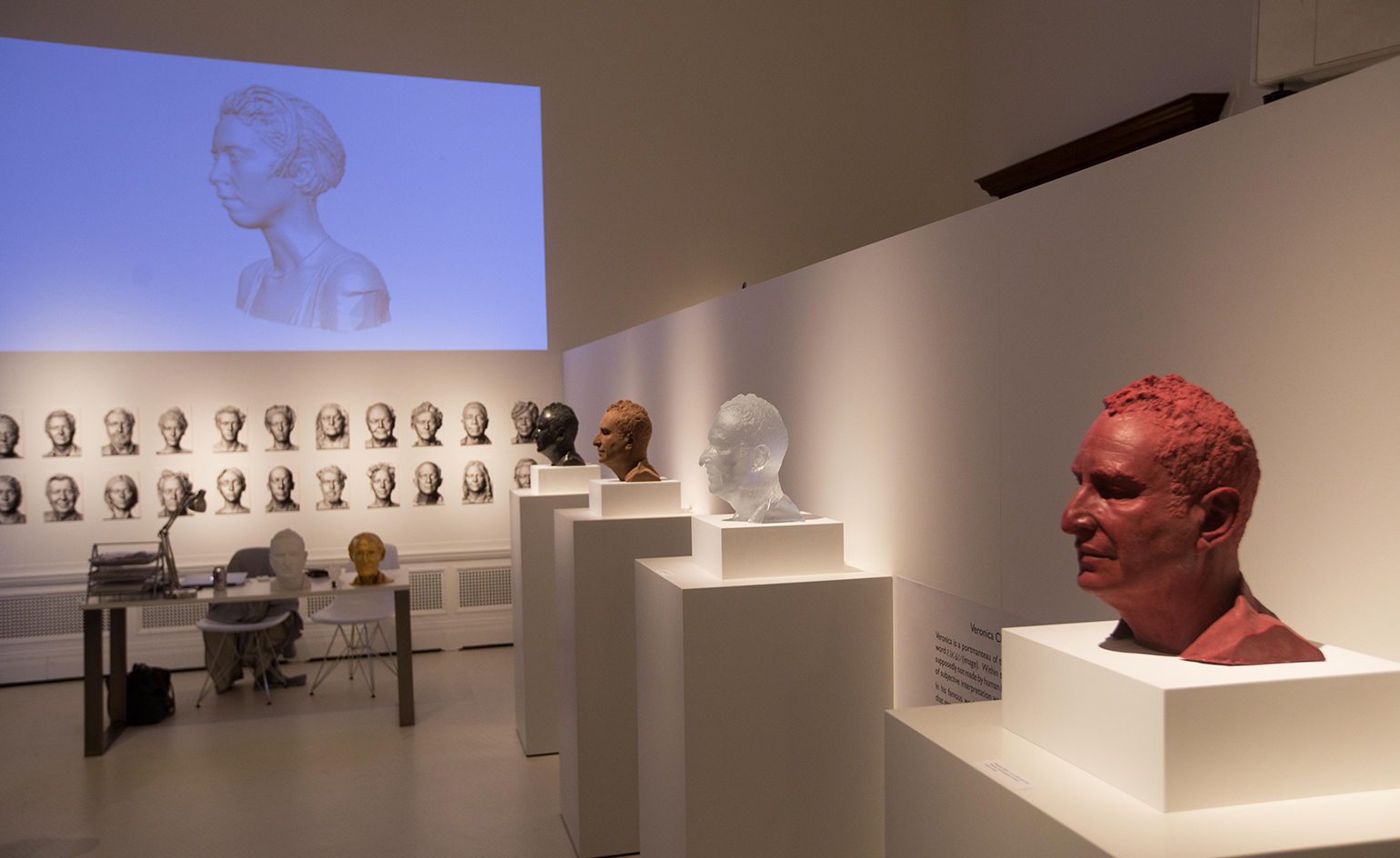
Thousands of overlapping photographs are taken from many angles, then aligned by software algorithms into a 3D model that can be rendered in a material of your choice. Pictured: a selection of scanned heads, rendered in different materials
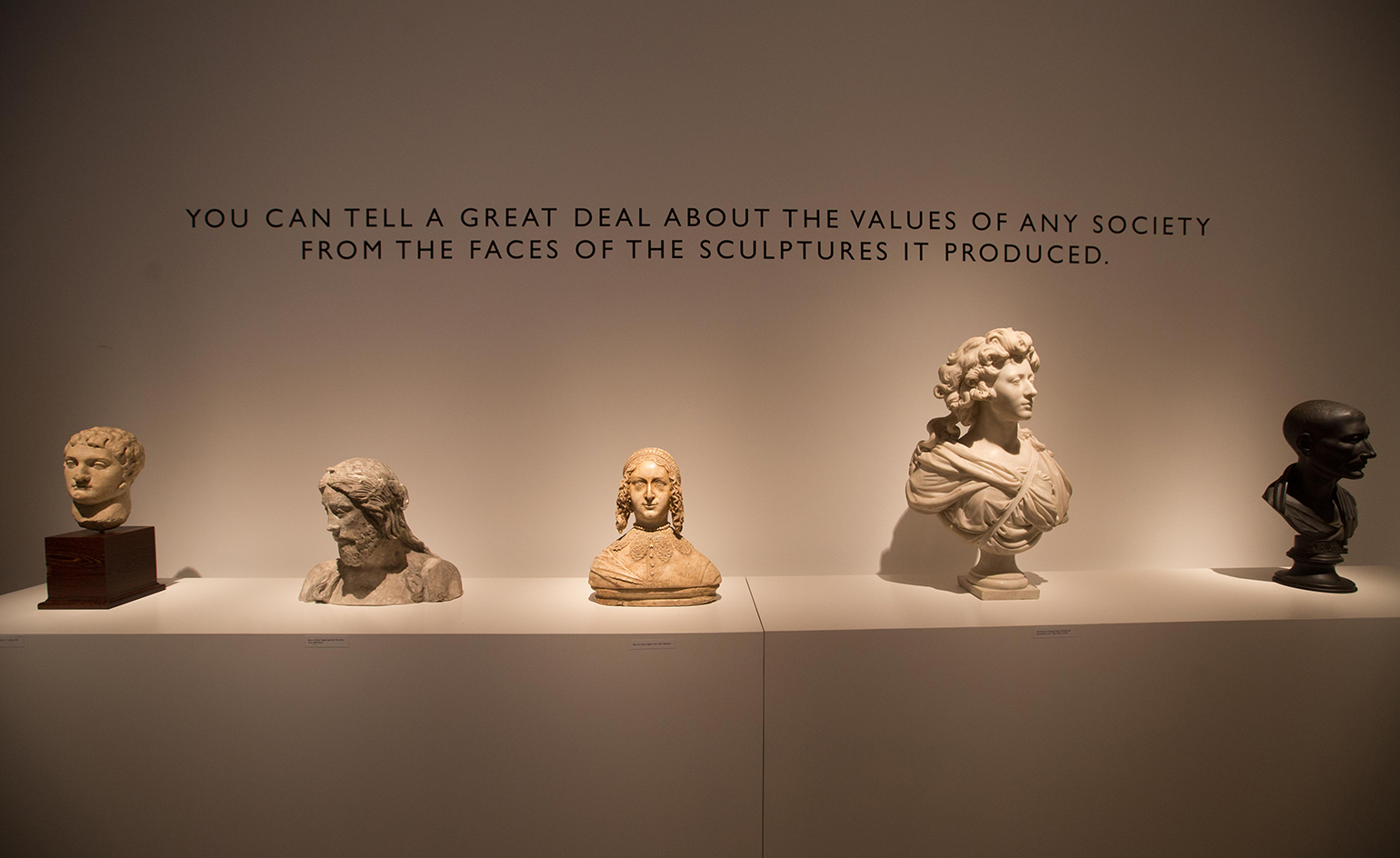
Says Factum Arte director Adam Lowe, ’The dream of the Greek sculptors was to create a realism that went beyond subjective interpretation. We are thrilled that both the RA and the Rothschild Foundation have reacted so quickly to bring this emerging technology to the public in a spirit of experimentation and curiosity’
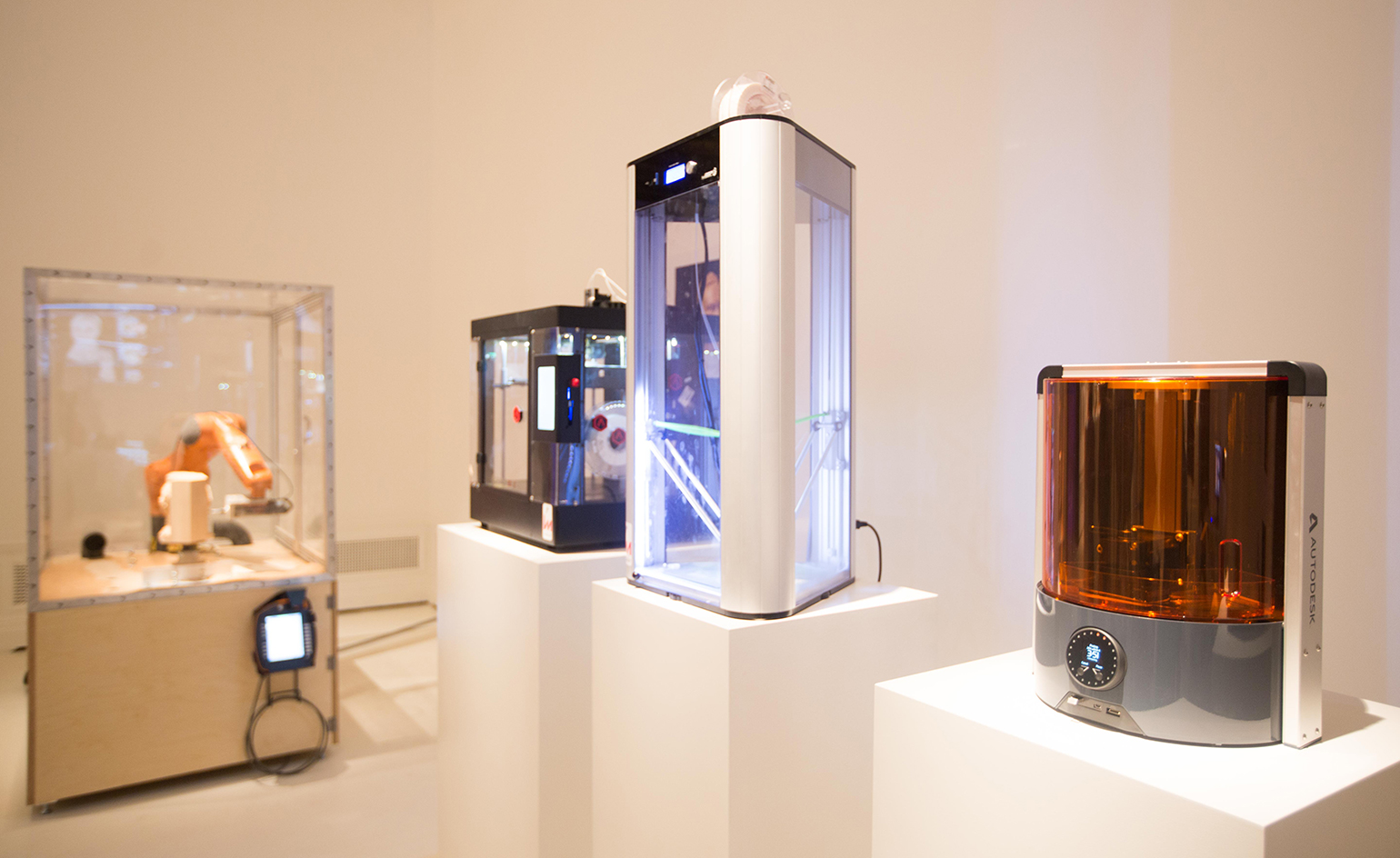
For the first time, we can preserve a thoroughly accurate, unjudgmental representation of the human face, unbiased by pen, lens or canvas
INFORMATION
The Veronica Scanner: Live 3D Portraiture' is on view until 11 September at Royal Academy of London, and again at Waddesdon Manor in Buckinghamshire from 22–30 October. For more information, visit the Royal Academy website
ADDRESS
Royal Academy
Burlington House
Piccadilly
London, W1J 0BD
Receive our daily digest of inspiration, escapism and design stories from around the world direct to your inbox.
Elly Parsons is the Digital Editor of Wallpaper*, where she oversees Wallpaper.com and its social platforms. She has been with the brand since 2015 in various roles, spending time as digital writer – specialising in art, technology and contemporary culture – and as deputy digital editor. She was shortlisted for a PPA Award in 2017, has written extensively for many publications, and has contributed to three books. She is a guest lecturer in digital journalism at Goldsmiths University, London, where she also holds a masters degree in creative writing. Now, her main areas of expertise include content strategy, audience engagement, and social media.
-
 Venerable British car-maker AC goes OTT with the high-output, low-slung AC GT SuperSport
Venerable British car-maker AC goes OTT with the high-output, low-slung AC GT SuperSportPitched at all-American fans of the original AC Cobra, the GT SuperSport is a fearsome two-seat roadster with more muscle than ever before
-
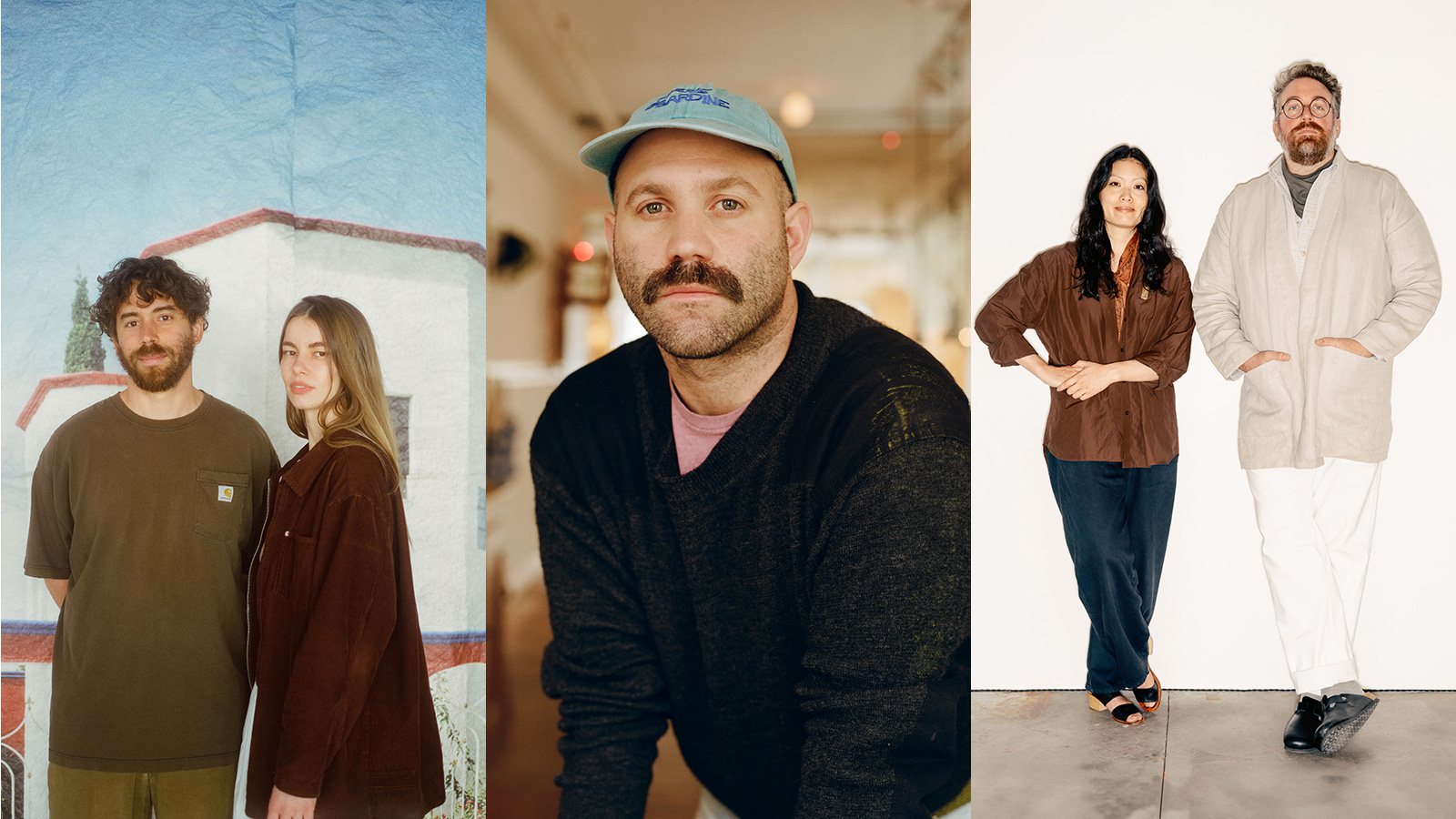 The dynamic young gallerists reinvigorating America's art scene
The dynamic young gallerists reinvigorating America's art scene'Hugging has replaced air kissing' in this new wave of galleries with craft and community at their core
-
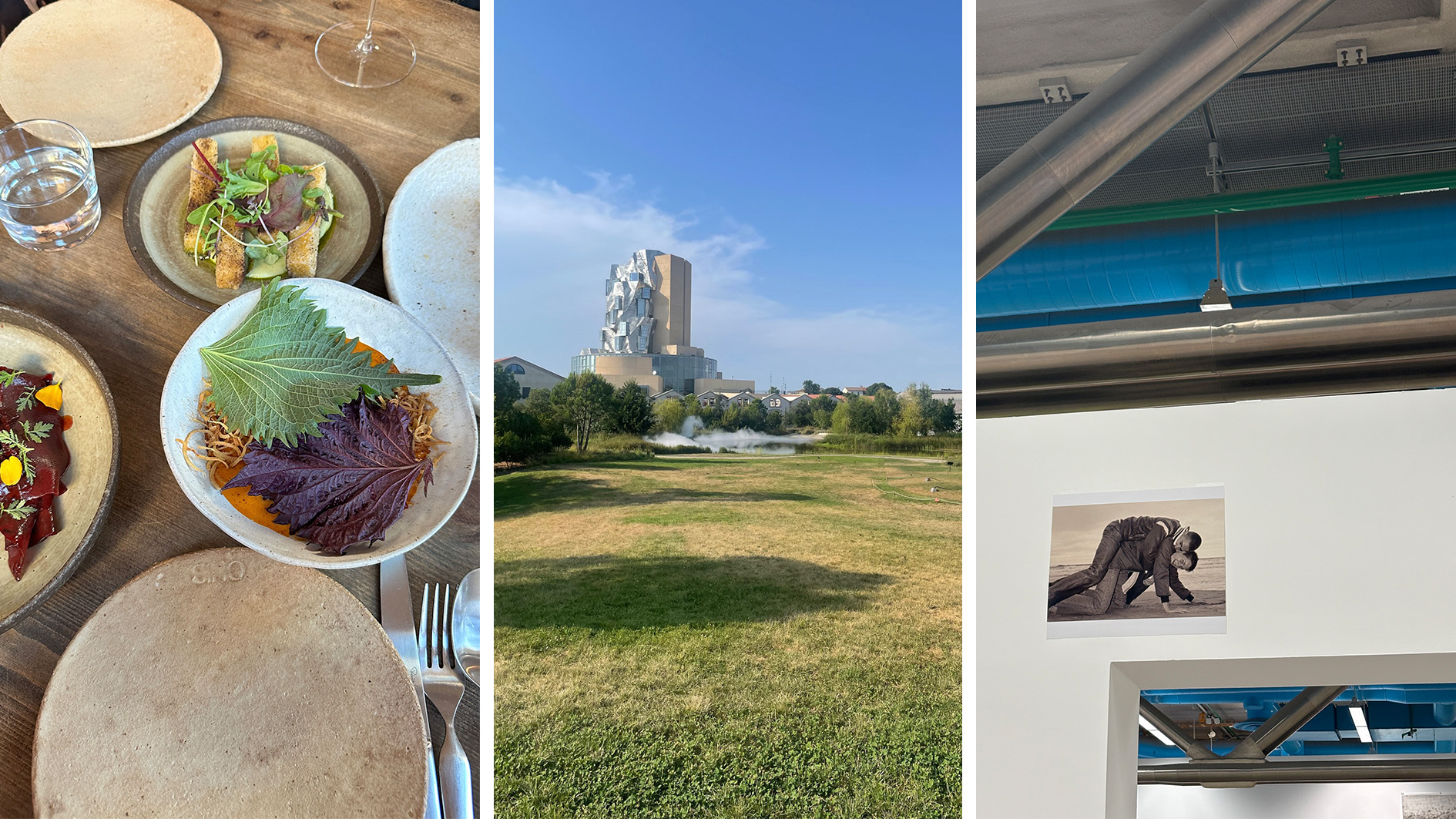 Out of office: the Wallpaper* editors’ picks of the week
Out of office: the Wallpaper* editors’ picks of the weekWhile a few of our editors were in Europe for various showcases and launches, others stayed local, uncovering new cuisines, eccentric exhibitions and glorious gardens this side of the Channel
-
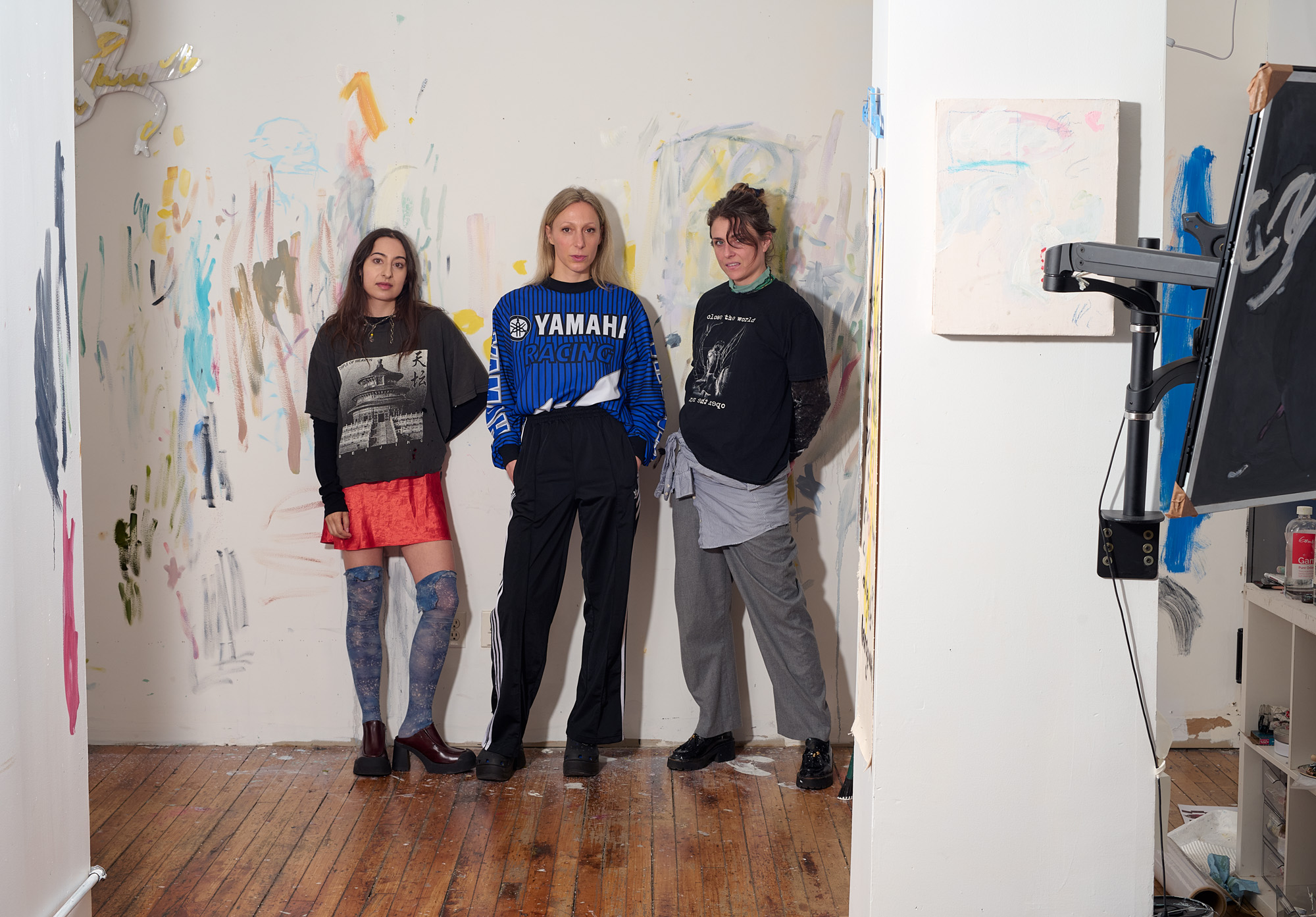 Meet the New York-based artists destabilising the boundaries of society
Meet the New York-based artists destabilising the boundaries of societyA new show in London presents seven young New York-based artists who are pushing against the borders between refined aesthetics and primal materiality
-
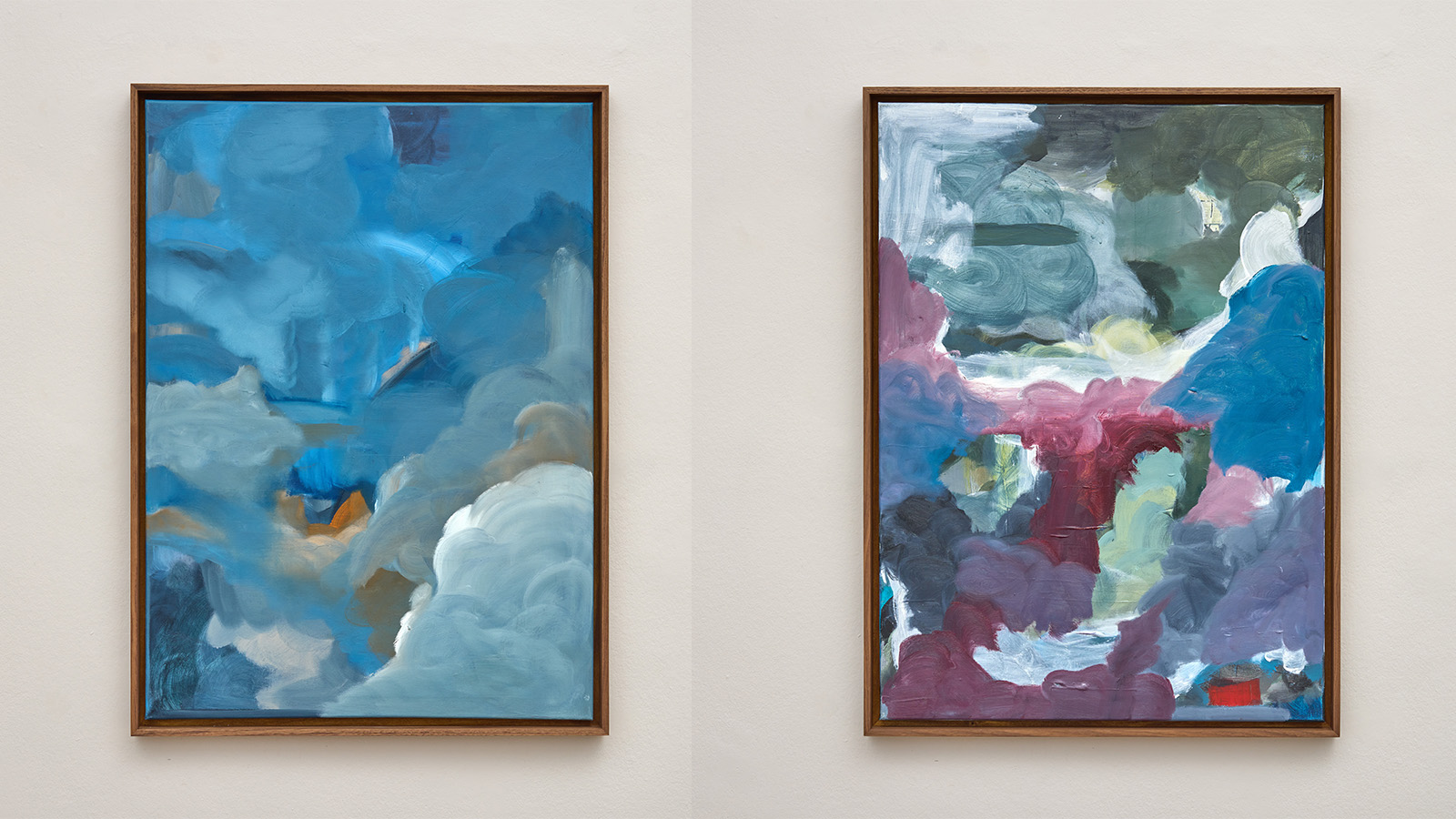 Leila Bartell’s cloudscapes are breezily distorted, a response to an evermore digital world
Leila Bartell’s cloudscapes are breezily distorted, a response to an evermore digital world‘Memory Fields’ is the London-based artist’s solo exhibition at Tristan Hoare Gallery (until 25 July 2025)
-
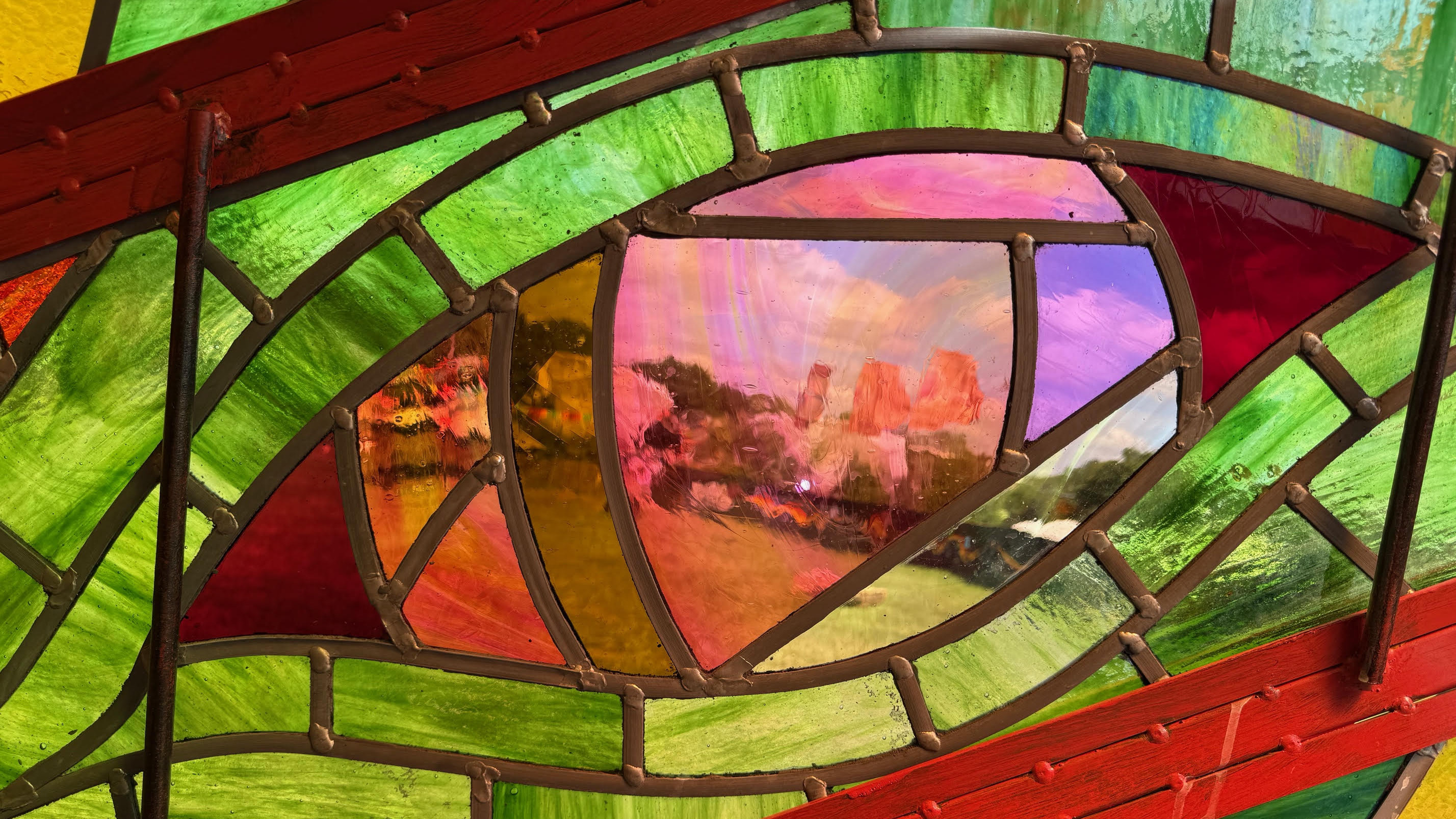 A bespoke 40m mixed-media dragon is the centrepiece of Glastonbury’s new chill-out area
A bespoke 40m mixed-media dragon is the centrepiece of Glastonbury’s new chill-out areaNew for 2025 is Dragon's Tail – a space to offer some calm within Glastonbury’s late-night area with artwork by Edgar Phillips at its heart
-
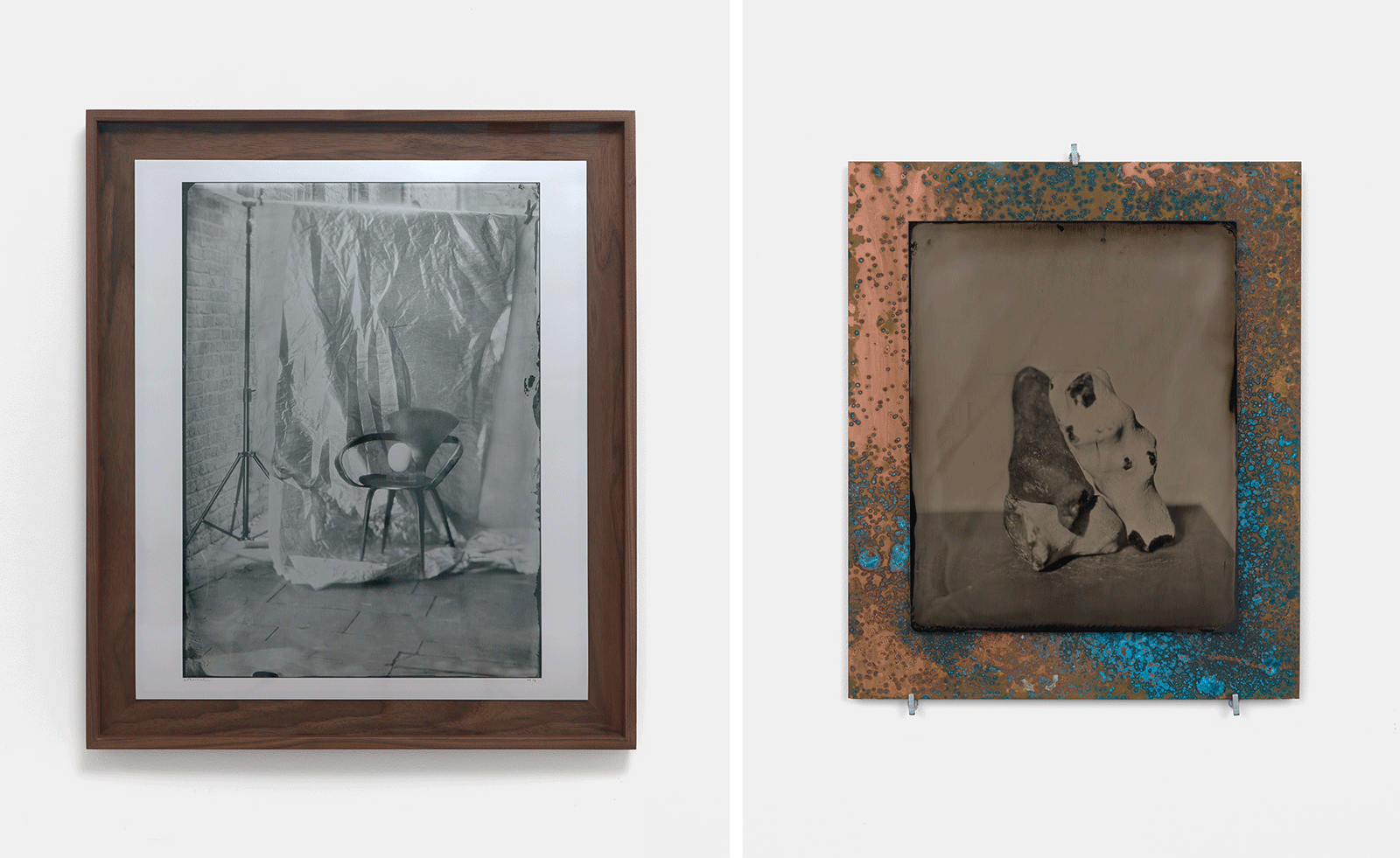 Emerging artist Kasia Wozniak’s traditional photography techniques make for ethereal images
Emerging artist Kasia Wozniak’s traditional photography techniques make for ethereal imagesWozniak’s photographs, taken with a 19th-century Gandolfi camera, are currently on show at Incubator, London
-
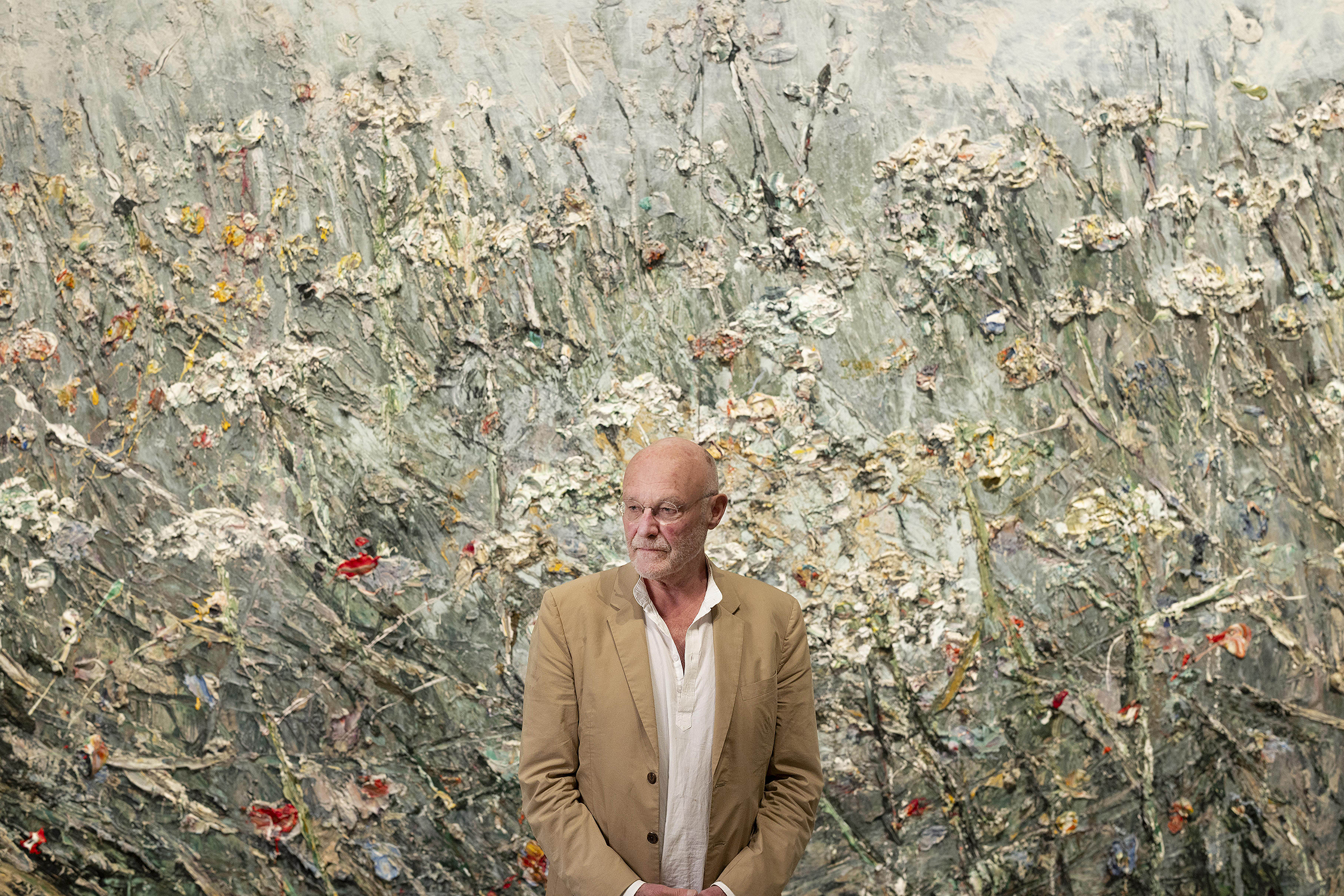 Vincent Van Gogh and Anselm Kiefer are in rich and intimate dialogue at the Royal Academy of Arts
Vincent Van Gogh and Anselm Kiefer are in rich and intimate dialogue at the Royal Academy of ArtsGerman artist Anselm Kiefer has paid tribute to Van Gogh throughout his career. When their work is viewed together, a rich relationship is revealed
-
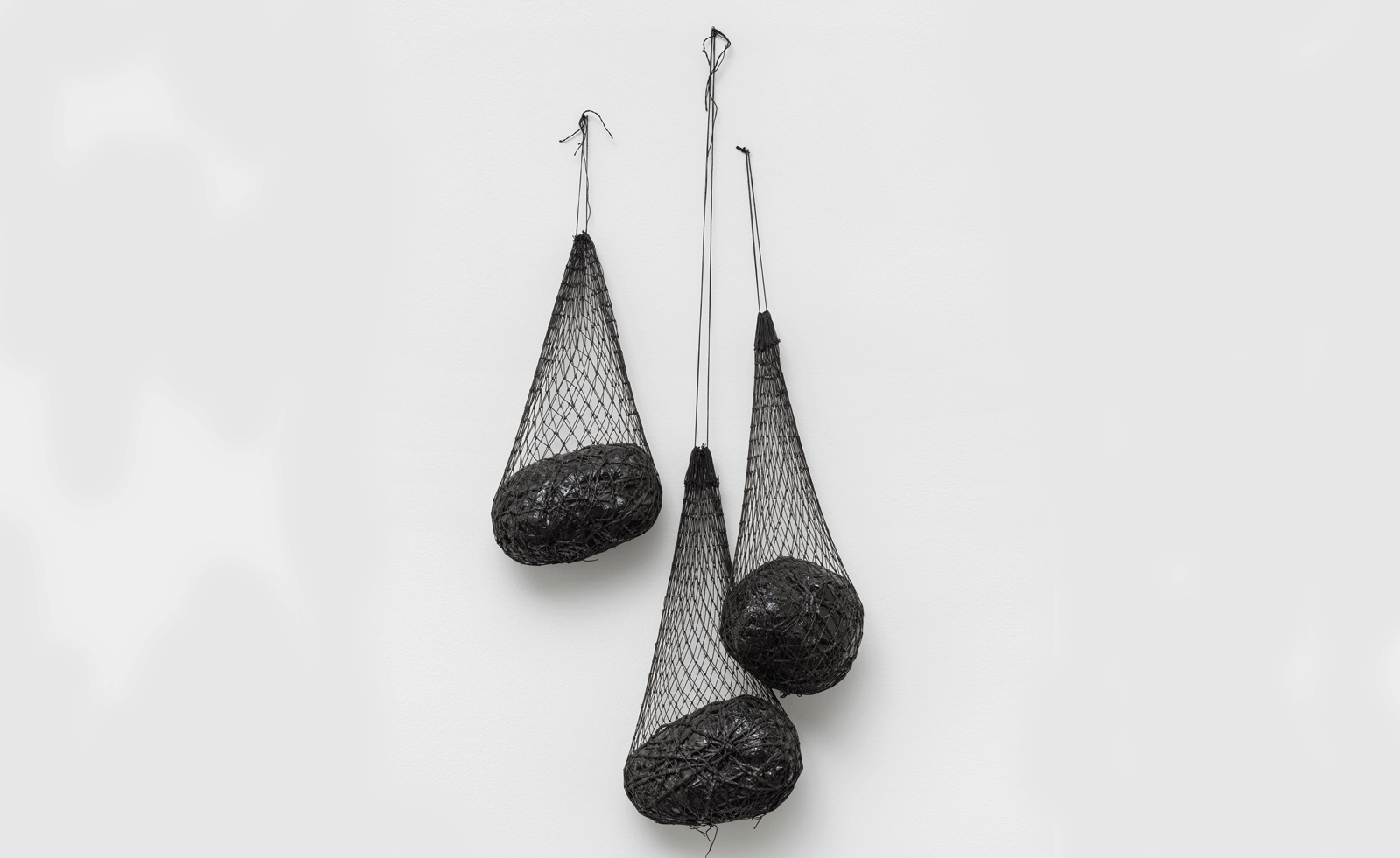 Alice Adams, Louise Bourgeois, and Eva Hesse delve into art’s ‘uckiness’ at The Courtauld
Alice Adams, Louise Bourgeois, and Eva Hesse delve into art’s ‘uckiness’ at The CourtauldNew exhibition ‘Abstract Erotic’ (until 14 September 2025) sees artists experiment with the grotesque
-
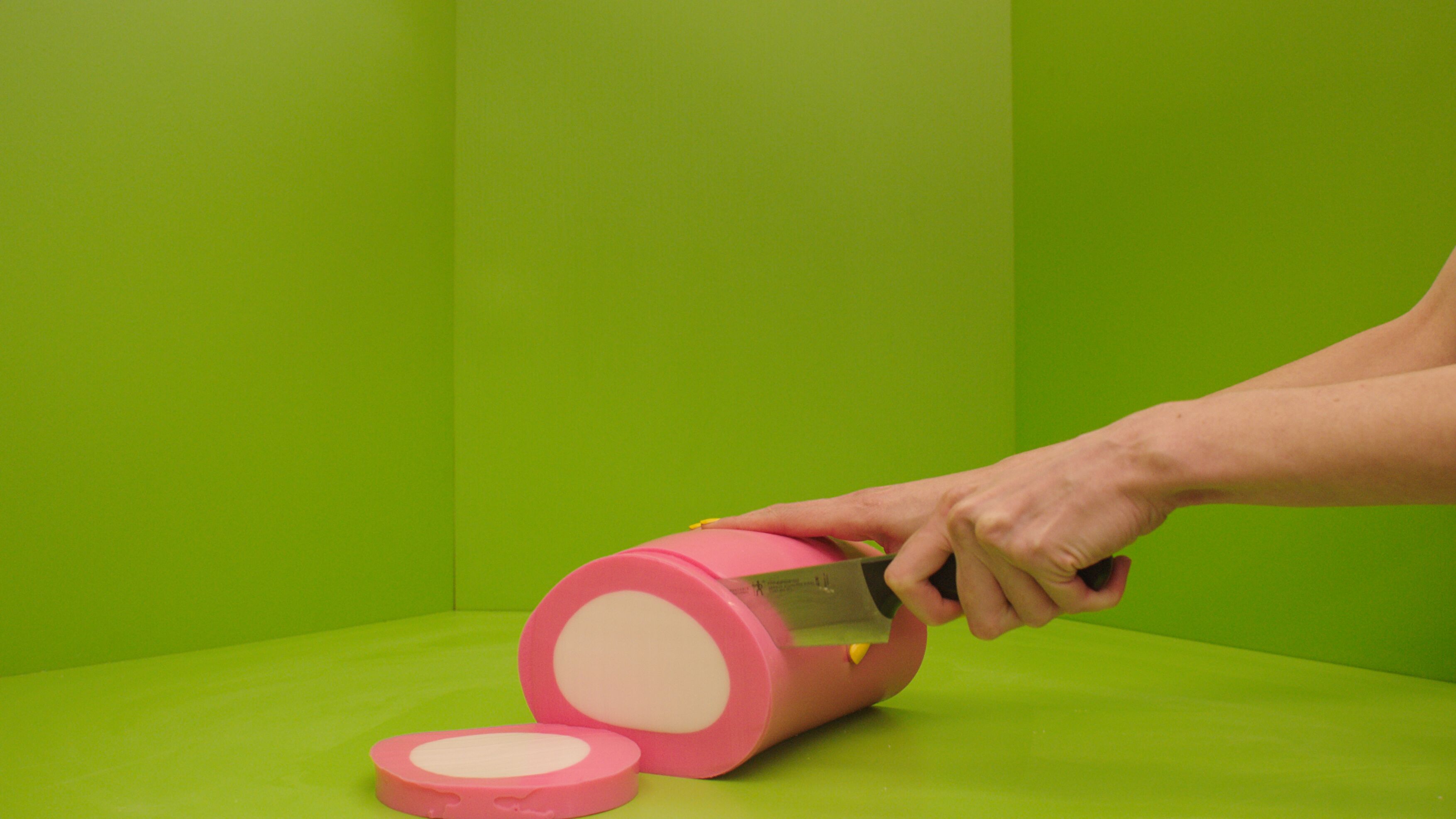 What is recycling good for, asks Mika Rottenberg at Hauser & Wirth Menorca
What is recycling good for, asks Mika Rottenberg at Hauser & Wirth MenorcaUS-based artist Mika Rottenberg rethinks the possibilities of rubbish in a colourful exhibition, spanning films, drawings and eerily anthropomorphic lamps
-
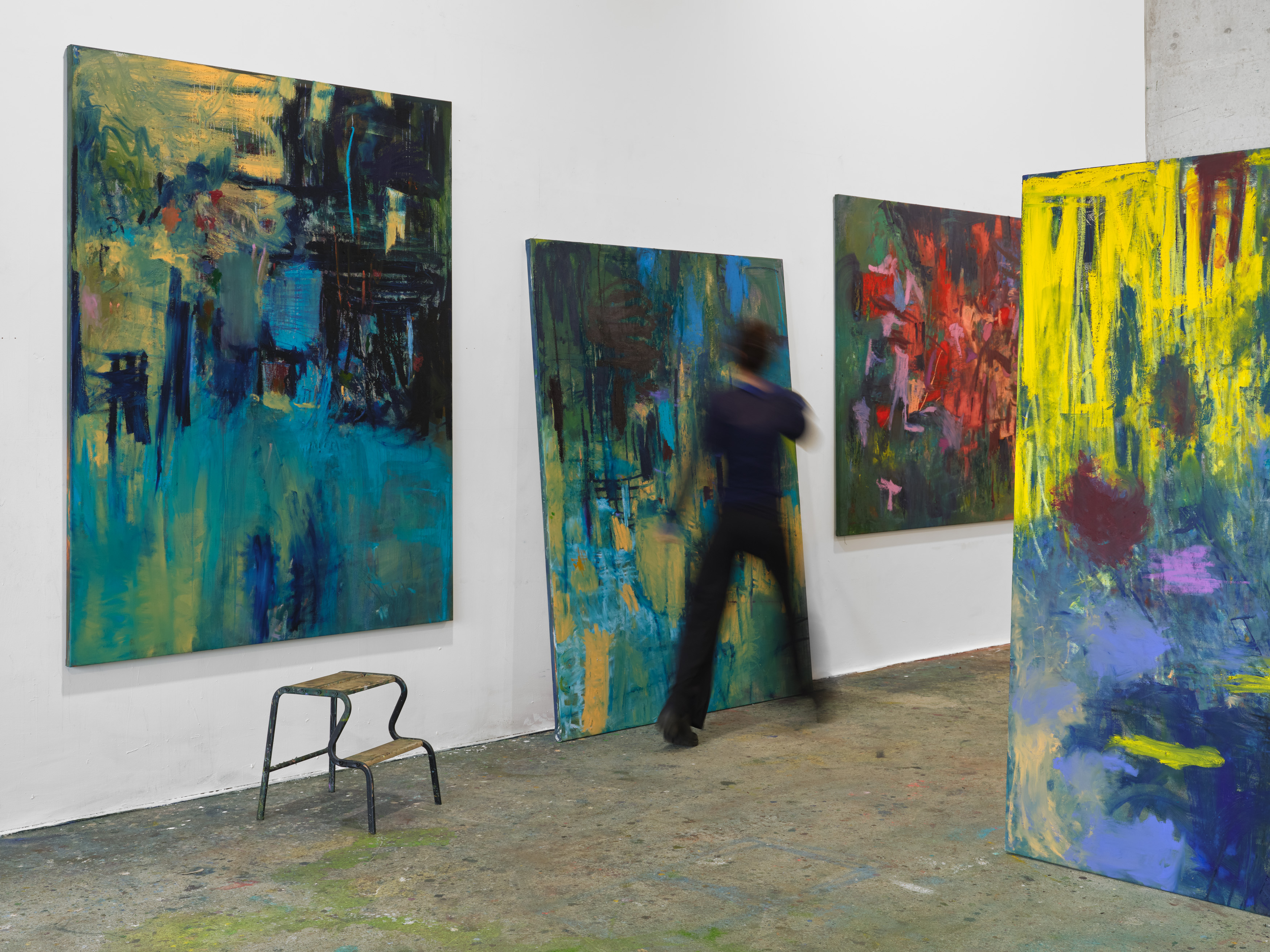 Get lost in Megan Rooney’s abstract, emotional paintings
Get lost in Megan Rooney’s abstract, emotional paintingsThe artist finds worlds in yellow and blue at Thaddaeus Ropac London